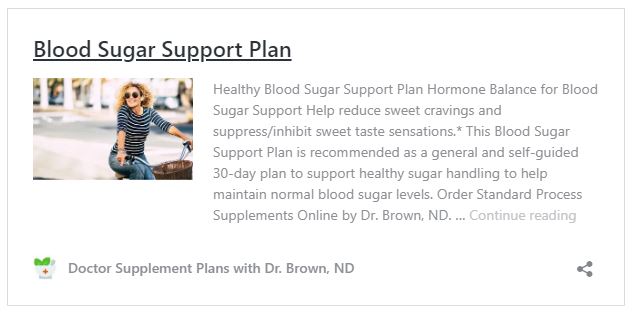Diabetes and A1C Level for Health: A Critical Connection
Diabetes and A1C level is a chronic health condition that affects millions of people worldwide. While it is well-known for its impact on blood sugar levels and overall health, there is another aspect of diabetes that often goes overlooked but is equally important.
High A1C Levels and Diabetic Complications
One of the key indicators of diabetes management is the A1C level, which reflects the average blood sugar level over the past two to three months, typically 120 days. High A1C levels are a common concern for individuals with diabetes, and they can have a significant impact on various aspects of health, including oral health.
When blood sugar levels remain consistently high, it can lead to a range of complications down the road. These complications can affect various parts of the body, including the eyes, kidneys, and oral cavity.
The Impact on Health – Diabetes and A1C Level
- Blurry Vision: Elevated blood glucose levels can lead to a thickening of blood vessel walls, causing reduced blood flow to small blood vessels, such as those in the eyes. This can result in blurry vision and other eye problems.
- Delayed Healing: High blood sugar levels can impair the body’s healing ability. Wounds, including those in the mouth, may take longer to heal, increasing the risk of infections.
- Gum Disease: Diabetes can increase the risk of gum disease (periodontitis). Gum disease can lead to tooth loss and other oral health issues.
- Amputation: In severe cases of uncontrolled diabetes, the lack of oxygen-rich blood circulation to extremities can result in amputations, including those involving the toes or feet.
Understanding A1C Levels
To better manage diabetes and its impact on health, it’s essential to understand A1C levels. Here’s a breakdown:
- An A1C level of 5.6 or lower is considered normal.
- A range of 5.7 to 6.4 indicates prediabetes.
- A level of 6.5 and above is indicative of diabetes.
Regular monitoring of A1C levels is crucial for individuals with diabetes. A consistent lack of improvement or even an increase in A1C levels may signal the need for adjustments in diabetes management.
Managing Diabetes for Better Health
Managing diabetes involves a multi-faceted approach, and it can significantly impact oral health. Here are some strategies to consider:
- Nutritional Choices: Focus on a balanced diet that includes carbohydrates from sources like oatmeal, whole grains, fruits, and vegetables. Beans can be an excellent choice due to their balanced carbohydrate and protein content. Limit sugar intake and avoid highly processed foods like pasta, bread, crackers, rice, and potatoes.
- Healthy Fats: Incorporate healthy fats from sources like avocados and nuts into your diet.
- Regular Testing: Regularly monitor your blood sugar levels, ideally every three months, to assess your diabetes management progress.
- Physical Activity: Engage in regular physical activity, aiming for at least 150 minutes per week. Exercise can help improve insulin sensitivity and overall health.
- Blood Sugar Balancing Plus and Diabetes Prevention Program: Consider participating in programs like Dr. Brown’s 10-Day Blood Sugar Balancing Program and National Diabetes Prevention Program, which have been effective in reducing the risk of developing diabetes.
Read More on Diabetes and A1C level


